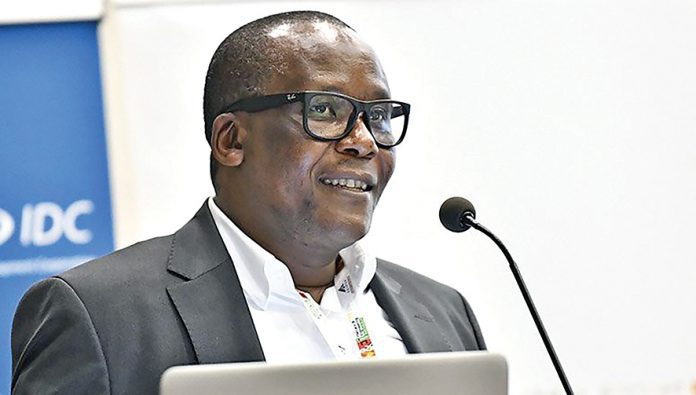The Black Business Council (BBC) has drawn a line in the sand against the major pushback against black economic empowerment (BEE) by Sakeliga and like-minded bodies.
President Elias Monage said the organisation was gearing up for a big fight to defend the right of black people to participate in the country’s economy.
“We are going to defend the little gains of transformation we have achieved so far. But the bigger fights will be to advance transformation further so that this economy can be in black hands. We will therefore be engaged in the robust discussion to influence and make big amendments to the Preferential Procurement Policy Framework Act, which is currently at Nedlac,” Monage said.
“We are not going to fold our arms and be spectators in this economy. If we must take the fight for transformation to the streets, so be it. We can no longer plead to participate meaningfully in this economy.”
Monage was reacting to white business lobby group Sakeliga, formerly called Afribusiness. A bullish Piet le Roux from Sakeliga told the BBC Summit 2022 that BEE is harmful and that the organisation will launch “major litigation against it”.
“Sakeliga will remain a sparring partner for BEE proponents. We are expanding our efforts and will launch major challenges publicly and in the courts against the regulatory and legislative quagmire BEE presents,” Le Roux said.
The Constitutional Court in February dismissed an appeal from the minister of finance seeking relief from a case Sakeliga initiated to have the minister found to have acted beyond his scope of powers when the office promulgated the act in 2017.
The procurement regulations, among other things, introduced pre-qualification criteria to be eligible to tender.
Under the regulations, if an organ of the state elects to apply the pre-qualification criteria, any tender that does not meet the criteria is an “unacceptable tender”.
These qualifying criteria advance certain groups:
- Tenderers having a stipulated minimum broad-based BEE status level.
- Exempted micro-enterprises (EMEs) or qualifying small enterprises (QSEs).
- Tenderers subcontracting a minimum of 30% to EMEs and a minimum of 51% to QSEs.
Monage said Sakeliga’s February victory will be short-lived.
“We have the constitution on our side. Redress cannot just be something on a piece of paper but must be a lived experience.”
Follow @SundayWorldZA on Twitter and @sundayworldza on Instagram, or like our Facebook Page, Sunday World, by clicking here for the latest breaking news in South Africa. To Subscribe to Sunday World, click here.



